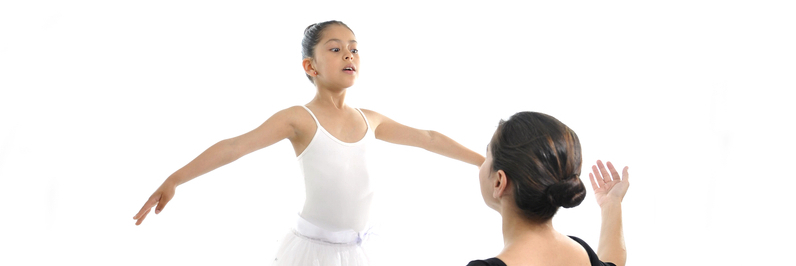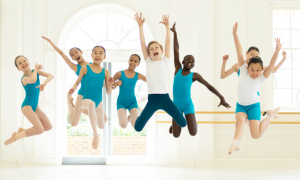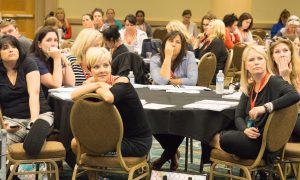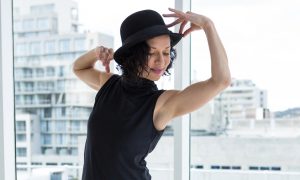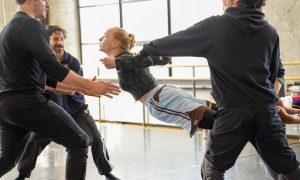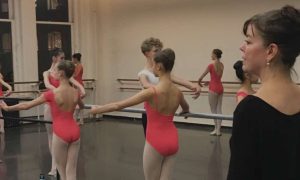By Rain Francis of Dance Informa.
1. “I’m tired. (Or “I’m hungry”).
Dance can be hard work, we can all agree on that. Make sure you are prepared for class by being fed, watered and well rested wherever possible, and have a light snack beforehand if you need it, to keep you going. Chances are, your teacher has taught several classes in a row, without any breaks, and he or she probably hasn’t had time to have a bite to eat since breakfast, so he/she is probably both hungry AND tired. Remember that it’s not just your teacher’s energy but the energy of all the students in the classroom that contributes to how enjoyable the class is. If everyone was complaining of being tired, imagine how exhausting the class would be!
2. “Can I go and get a drink?”
This may depend on the policy of your school, but in most cases, it is normal practice to bring your water bottle into the studio with you for class. (It’s usually not OK to bring other drinks though, as these can mean sticky floors when spilled!). Keeping your hydration up is important for your dance training and performance, but leaving the studio every time you are thirsty just wastes time and means you miss out on valuable corrections and practice. Be prepared by filling up your water bottle before class so it is on hand when you need a drink (or when your teacher says to get one).
3. “What time is it?” (Or “Is class nearly finished?”)
Nothing says “I wish I was somewhere else” like enquiring about the time. Saying this to your teacher tells him or her that you are not enjoying yourself and you wish the class was finished. Try to imagine how this feels from your dance teacher’s perspective. If you’re really not enjoying yourself, be patient and wait until the class is dismissed, or better yet, focus on the exercises you are being set and see how much progress you can make in the time you have left.
4. “I can’t.”
Although the dance studio can be a frustrating place at times, it is no place for negativity. We are asking our bodies to do some incredibly difficult things, and by using words like “can’t” we are really lessening our chances of being able to achieve those things. Give yourself a chance by thinking positively, visualising yourself doing it correctly, and changing your thoughts from things like “this is too hard” to “I WILL get this!”.
5.“I’m ready to go en pointe.”
Every young ballet dancer wants to get on pointe, and most of you will, when the time is right. There is no set age when pointe work should begin – there are many factors that contribute to a student’s readiness. Pointe can start from ten years old but physical growth, core control, overall strength, mobility, technique, ballet experience and maturity all need to be taken into consideration. Just because your friends are on pointe, it doesn’t mean that it is the right time for you. This can be really frustrating, but trust in your teacher – he or she has your best interest at heart. Going on pointe too early can lead to injury and developing bad habits which can take a really long time to correct. Before starting pointe, everyone should have not only their teacher’s permission, but a pointe assessment with a dance physio or a similar professional, to ensure going on pointe is safe.
6. “This is too easy for me.”
There is certainly a time and a place for being pushed past your comfort zone and to start working on more advanced steps. There is also a time and a place for breaking things down to the basics and working slowly on the nitty gritty of technique. Trust that your teacher is giving you the best exercises for your current skill level. If he or she is asking you to do something that you feel is too easy, chances are you’re not doing it as well – or as correctly – as you think. You will progress much faster working at the correct level for you personally, and this differs for everyone. Even if the exercise is very simple, you can always work to make it even better – can you work on balancing for longer, jumping higher, or achieving a better extension?
7. (Nothing)
If you are late coming into class, or you need to leave the studio for whatever reason, always make sure you excuse yourself. Dance lessons teach you about many things beyond steps, including things like manners and etiquette. It’s common courtesy to say “sorry I’m late” or “may I please be excused?” and your teacher will really appreciate you coming up to him or her and saying this, rather than yelling it across the studio. Just entering and exiting the studio without saying anything is a sure fire way to insult your teacher. The other issue is safety – your teacher has responsibility for you while you are in class, so please don’t disappear without announcing where you are going.
Remember… Your dance teacher is there to help you learn and improve. He or she is dedicated to your growth as a dancer and an artist, and wants the best for you. But being a dance teacher is a really hard job at times; you’re constantly on your feet and aiming to always be an inspiring, motivational force, which takes a lot of energy and passion. Always remember that your teacher is human too, so treat him or her as you would like to be treated and always thank them for class and the hard work that they do.
Finally, this article mentions all the things that are best to avoid saying to your teacher, but at the end of the day, please don’t be scared to talk. If you are unsure of anything or you don’t understand the exercise, put your hand up and politely ask for help. Your teacher will be pleased to answer your questions – that’s what he or she is there for!


